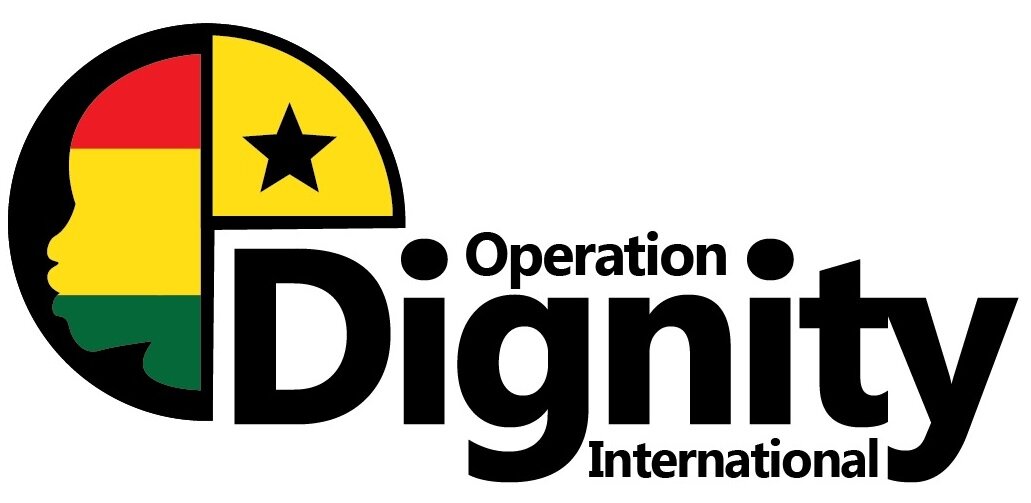
Life in Ghana, West Africa
The country of Ghana is settled on the West African coast just above the equator and right on the prime meridian. It is about the size of the state of Oregon and was occupied by the Dutch and Portuguese early in history. Eventually they were colonized by the British but in 1953 Ghana declared its independence from Britain and began the process of sorting out ethical leaders who truly had the best interest of the country at heart. This process has been a struggle and Ghana is a current-day example of a young, growing, and vulnerable democracy. It struggles to develop its resources, expand its economy, and provide a more excellent standard of living for its people while still honoring its culture, traditions, and history, all in the midst of a quickly changing and dynamic global economy.
Photos of Ghana’s landscape
Ghana’s estimated population is 25,000,000 (females-51%, males 49%), according to the 2012 census (www.ghanaembassy.org). The population is divided into some 75 ethnic groups. Accra is the capital city of Ghana, with an estimated urban population of a little over 4,000,000 as of 2012, (www.WorldGazetteeronline). Kumasi, the second largest city hosts over 2 million people. The greater population live in villages that dot the countryside.
As you travel the major roads, you can see the poverty in these villages as well as in the larger cities. Vendors line the streets and highways waiting for someone to stop and purchase their wares. Most of the population is considered impoverished living on between $1 – 3 per day. Most families eat only one meal a day. If you’re fortunate, you might have two meals. A morning meal consists of a bowl of porridge and a huge slice of bread. The evening meal is a soup made most often with fish and accompanied by rice, fufu (casaba and plantains) or banks (corn mush).
Photos of Ghanaian towns and villages
There is some industry and wealth, but not enough to support the whole country. Their natural resources are often taken by other countries. Ghana isn’t able to mine their own gold or diamonds, and need to outsource their retrieval and production of oil.
The charm of the country lies within the hearts of the Ghanaians. They are genuinely warm and inviting, for the most part hard working, and wake up in the morning ready to survive whatever challenges lie waiting for them. You won’t hear them complain and you won’t hear them grumble because they are hungry. Their aches and pains may follow them each and every day but they go about their business and keep moving forward. They are courageous at heart!













































